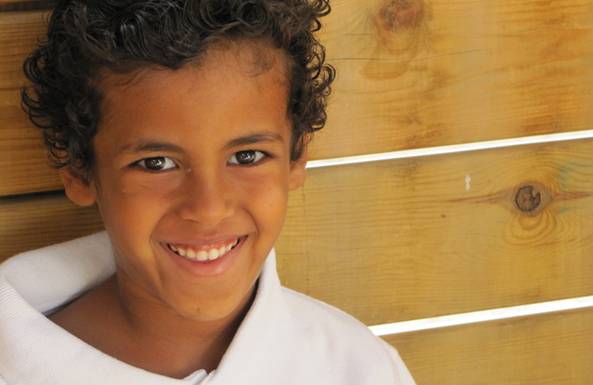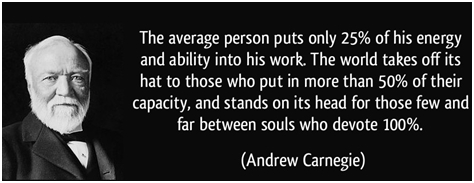
Technology, including classroom technology, is a very important part of our life in this day and age. When I had my first computer at the age of 24, my kids were born in a house with a computer that everyone could access whenever they needed. Today, we all have our own laptop and mobile phone (which is technically another computer).
Do you think that this technology improves their academic achievement?
I have been wondering for a long time whether the introduction of more classroom technology translates to higher academic success.
Recently, I saw some research done by The Organization for Economic Co-operation and Development (OECD), whose mission is to promote policies that will improve the economic and social well-being of people around the world. OECD ran an international study on the impact of introducing computers into the classroom on academic achievement and their conclusions were alarming.
Read Does Classroom Technology Improve Academic Achievement? »















